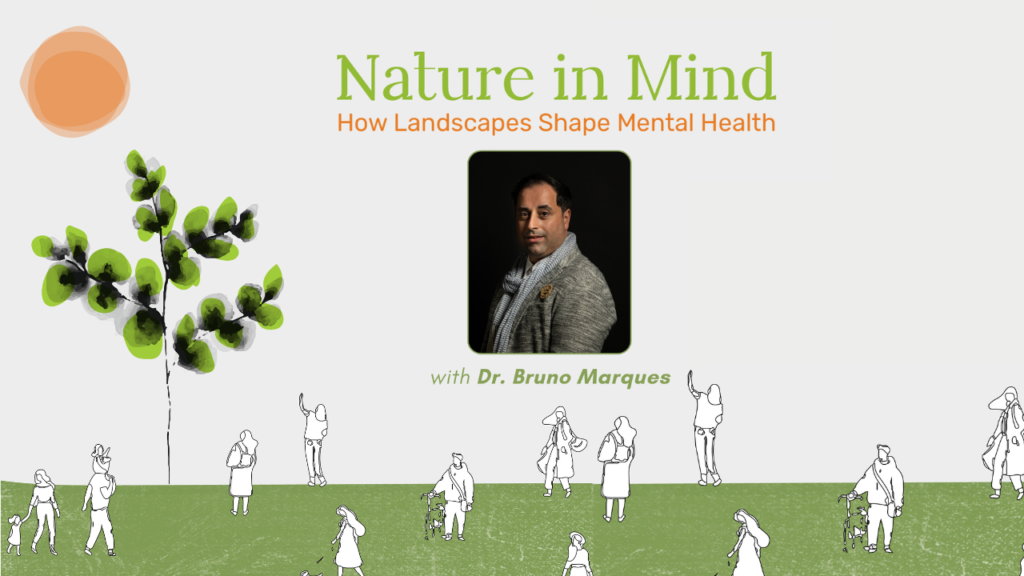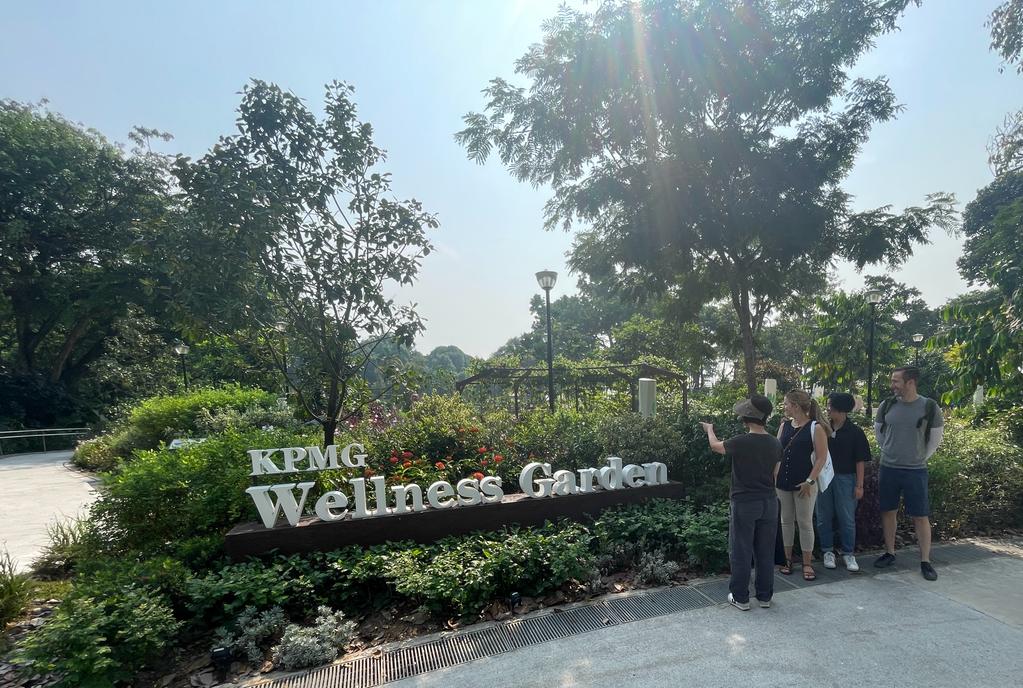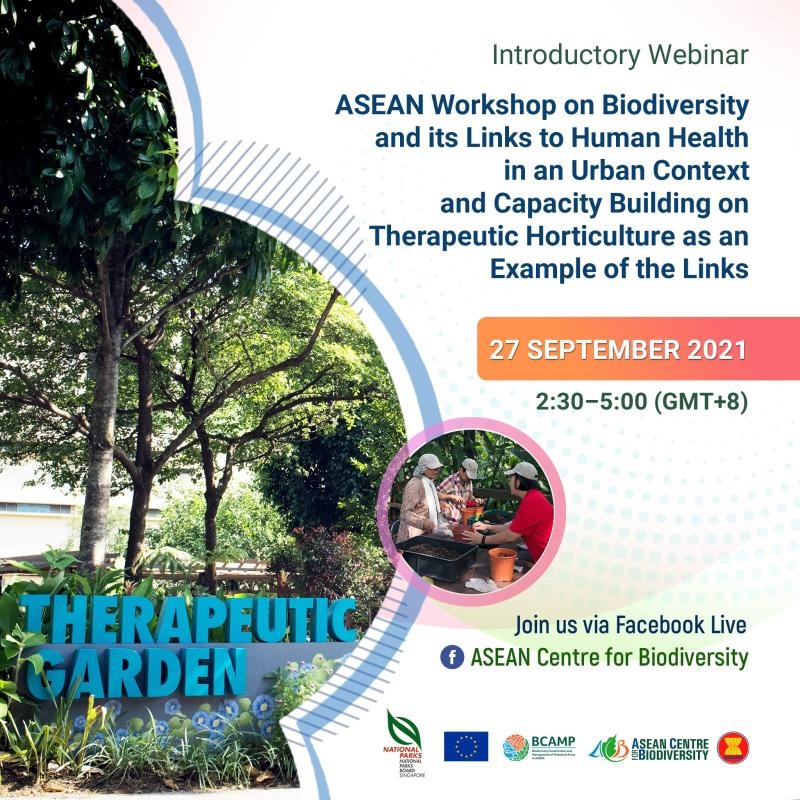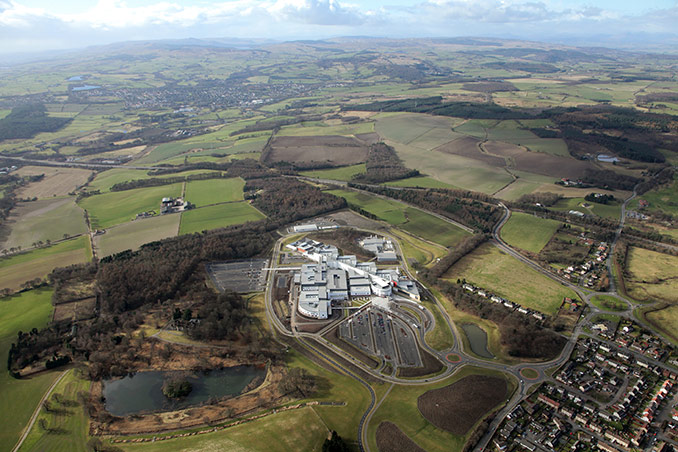Dr Bruno Marques is a landscape architect and educator. He completed his Landscape Architecture studies at the University of Lisbon (Portugal) and Berlin Technical University (Germany), followed by his PhD studies at the University of Otago (New Zealand). Bruno has practised in Germany, Estonia, the United Kingdom and New Zealand, having an extensive portfolio of Read More
Tag: greenspace
CLM field session in Singapore – How to recognize Contemplative Landscape features in the park
On 6.10.2023 upon the National Parks Board (NParks Singapore) request, Dr Agnieszka Olszewska-Guizzo conducted the onsite consultation and training for the NParks designers and officers regarding the use of the Contemplative Landscape Model (CLM). NParks is currently rolling out the CLM in their parks and actively using this evidence-based tool [read more here]. We’re hoping Read More
ASEAN Workshop on Biodiversity and its Linkages to Human Health
27 September 2021 at 2:30 PM Singapore The connections between biodiversity, mental health and physical inactivity are particularly relevant in the context of shifting global burden of diseases in which non-communicable diseases are among the most rapidly rising challenge to global public health. Contact with nature may provide positive mental health benefits, as well as Read More
World Sustainability Forum Speech on Community-led Greenspace |13-15 September 2021
On Monday 13th September at 11:00 CEST Dr Diana Benjumea Meija presented her research on “The Spatial and Social Components of Community-led Green Spaces and its Contribution to the Health and Wellbeing of Low-income Communities” at the 9th World Sustainability Forum In the last decade, there has been a surge in projects initiated by urban Read More
EKLIPSE project outcomes: Systematic Review, Podcast, WHO Booklet
For several years, papers have been published about the positive impact of greenness on health, including some synthesis and systematic reviews. Yet, none of them has so far addressed the question of the type of habitats and components of such habitats that have a significant (and preferably positive) effect on mental health and psychological well-being. Read More
Green Exercise Partnership, NHS Scotland
Scotland gets the importance of green space for health.Their National Health Service has teamed up with the Forestry Commission Scotland and Scottish Natural Heritage Heritage to create the NHS Greenspace Demonstration Project to ensure the inclusion of green space at health facilities around the country. They’ve even gone a step further with the Green Exercise Read More






